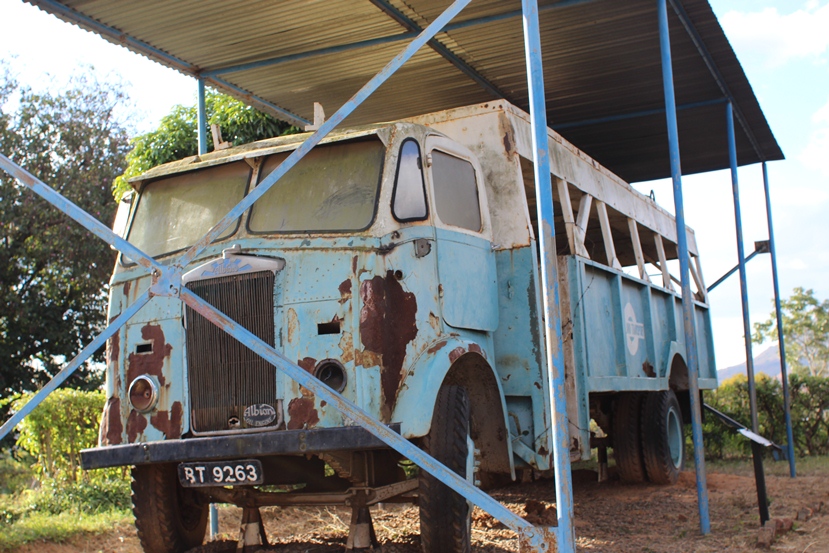Chichiri Museum needs a museum
The interior of Chichiri Museum in Blantyre is dark and soulless, much like the artefacts it houses.
I last visited the museum some months ago at the urging of my daughter who had picked up a lesson or two in class about the museum. For weeks on end she had hassled me about it. I had put it off until I run out of excuses. So, one sober, Saturday morning I took her and her brothers to the museum.

I didn’t share their enthusiasm for the museum. I grew up in Ndirande Township in Blantyre cityand so I had been to the museum countless times for lack of better entertainment on some Saturday mornings.
As a student at Chichiri Secondary School in the early to mid-1990s, we would amble to the museum to pass the time away during the lunch break rather than for the novelty.
So, when I visited the museum recently, I expected change: new artefacts on history, geography, art, science, textiles, cars, airplanes, architecture, fashion, animals, politics and even a dash of paint.
Instead, I was greeted by familiar scenes of ancient locomotives and vehicles. Anthills had claimed ground around some of them. The grass lawn, which had always been well-tended, had fallen on hard times and there were patches of bare earth here and there.
Huddled next to the obsolete vehicles was a group of pseudo-poets the new breed of wordsmiths shaming the very vestiges of art with their curious, if not criminal, delivery of what passes for verse who were sharpening their wit.
When we stepped in, we were met by this charming gentleman who was obviously doing other chores and considered our visit a distraction. I asked him whether we had to pay. He responded tentatively, almost under his breath that we had to: K300 per person. We paid and stepped inside.
The darkness inside the museum was foreboding. Nothing prepared me for the scare-fest I encountered inside the museum on that day. It was dimly lit, perhaps a fitting schema to Malawi’s past, and even to the present. A solitary light flickered on and off like a metaphor of the state of Malawi’s energy sector.
I could still identity most of the artefacts on display in the glass casings. Nothing had changed. Skulls still stared hauntingly back. Blunt hoes that expressed the nation’s indifference to progress hang defiantly in the casings. The stuffed animals. I could connect with everything, but their back stories had completely eluded me. I might have been a diligent student of history, but I could never substitute for a curator. None was in sight and, from my interaction with the man outside, none was coming in a hurry.
But I had an audience to satisfy. So I tried as much as I could to tell them the stories to each artefact to the best of my recollection. My mind has gone through a lot over the years that you cannot expect me to remember everything.
When I last visited the museum in Mzuzu, it seemed boarded up as if it was closed for business (probably due to lack of patronage). Karonga museum pull is the Karongasaurus and has little else of note besides. Lilongwe has none (not even a zoo!) or is it, perhaps, one gigantic zoo of misfits? The museum at Chichiri should have been the nation’s saving grace, but we have allowed it to run down.
I was there for an hour or so. In all that time, my children and I were the only patrons. Either I had picked the wrong day or the museum needs to be placed in one huge glass casing for all to see.
I went out disappointed and I doubt my children will want to visit it in a hurry. When I asked the man for my receipt, he guiltily told me he had none. I wanted to demand my fee back, and he expected me to fight back. I smiled wryly and walked away. My sense of being ripped off could never have been greater.
The budding poets were still spinning their amusing phrases into long and ponderous verse, while deluding themselves with dreams of becoming the next Wokomaatani Malunga or T.S. Elliot I couldn’t help feeling that they, too, belonged to the dark insides of the museum, perhaps their second-hand humour could splash some sparkle on an otherwise dreary.





